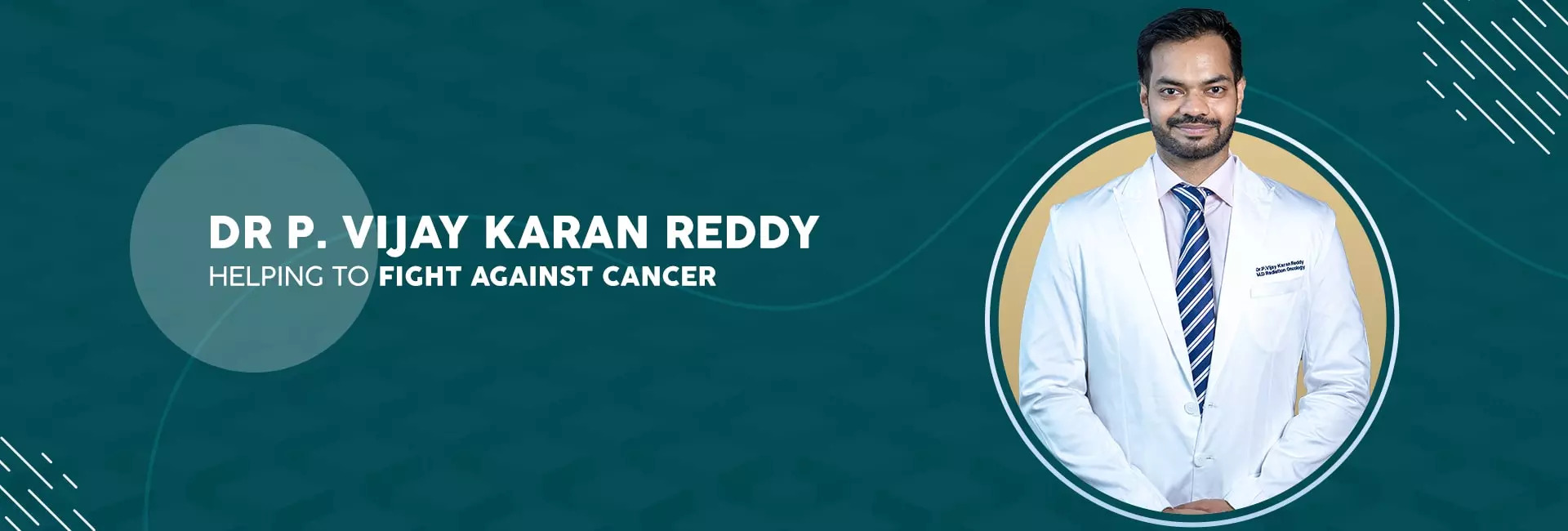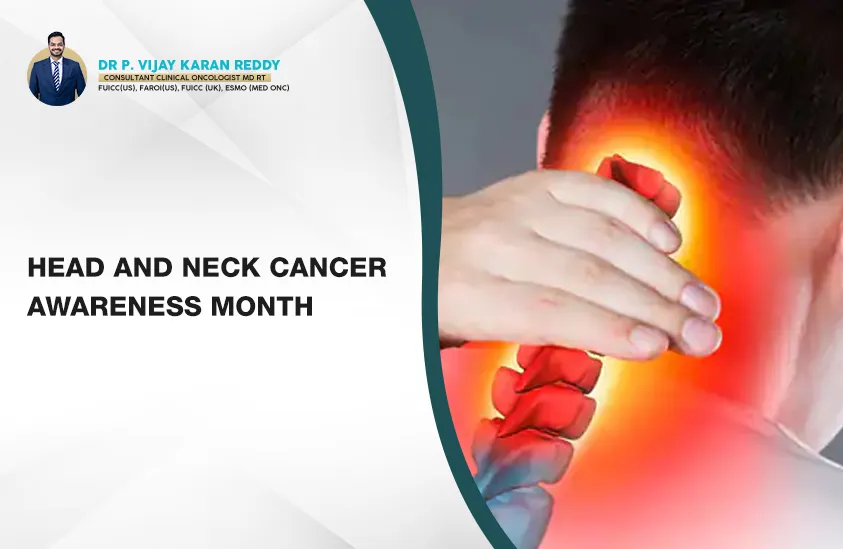In the realm of oncology, head and neck cancer stands as a formidable adversary, encompassing a range of malignancies that affect the oral cavity, pharynx, larynx, and other adjacent structures. April, designated as Head and Neck Cancer Awareness Month, serves as a pivotal moment to amplify understanding, promote preventive measures, and highlight the significant strides in treatment that are transforming patient outcomes.
The Landscape of Head and Neck Cancer
Head and neck cancers are characterized by their origin in the squamous cells lining the moist, mucosal surfaces inside the head and neck areas, leading to malignancies known as squamous cell carcinomas. These cancers are further categorized based on their primary location, such as the oral cavity, pharynx, or larynx, each presenting unique challenges and requiring specialized treatment approaches.
Critical Risk Factors
Understanding the risk factors associated with head and neck cancers is essential in the prevention and early detection of these diseases. Key risk factors include:
Tobacco and Alcohol Use: The synergistic effect of tobacco and alcohol significantly elevates the risk of developing head and neck cancers.
Human Papillomavirus (HPV): Certain strains of HPV, particularly HPV-16, are linked to oropharyngeal cancers.
Sun Exposure: Ultraviolet radiation from the sun is a known risk factor for cancers of the lip and potentially other areas of the head and neck.
Poor Oral Hygiene: Chronic poor oral hygiene and gum disease are additional risk factors, as they can lead to chronic infections and inflammation in the mouth, potentially contributing to the development of oral cancers.
Dietary Factors: A diet deficient in fruits and vegetables can also increase the risk of head and neck cancers. Nutrients found in these foods are vital in protecting cells from damage that can lead to cancer.
Treatment OptionsSurgery: Primary method to remove the tumor, potentially followed by reconstructive surgery to restore function and appearance.
Radiation Therapy: Often used either alone or in combination with chemotherapy to destroy cancer cells, especially in cases where surgery isn't feasible.
Chemotherapy: Utilized frequently alongside radiation therapy to target cancer cells, particularly effective for advanced stages of the disease.
Targeted Therapy and Immunotherapy: These newer treatments are used for advanced or recurrent cancers, targeting specific cancer cells or boosting the immune system to fight cancer with fewer side effects.
Strategic Prevention and Early Detection
The cornerstone of combating head and neck cancer lies in robust prevention strategies and the early detection of precancerous conditions.
Emphasizing Tobacco and Alcohol Cessation
Quitting tobacco in all forms and reducing alcohol consumption are among the most impactful measures one can take to lower the risk of head and neck cancer.
The Role of HPV Vaccination
HPV vaccination has emerged as a crucial tool in preventing HPV-related oropharyngeal cancers, making it an essential component of public health strategies.
Advocating for Regular Screenings
Regular screenings, particularly for individuals at high risk, can facilitate the early identification of head and neck cancers, significantly improving treatment outcomes.
Innovations in Treatment: Paving the Way Forward
The treatment landscape for head and neck cancer has evolved dramatically, with a multidisciplinary approach becoming the standard of care. Treatment options typically include surgery, radiation therapy, chemotherapy, and targeted therapy, with the choice of treatment depending on the cancer's location, stage, and the patient's overall health.
Breakthroughs in Targeted Therapy and Immunotherapy
Recent advancements in targeted therapy and immunotherapy have offered new hope, focusing on the underlying genetic and molecular characteristics of the cancer to provide more effective and less toxic treatment options.
Supporting Survivors: Beyond Treatment
The journey does not end with treatment; survivorship care is crucial in addressing the long-term effects of head and neck cancer and its treatments. This includes physical rehabilitation, nutritional counseling, speech therapy, and psychosocial support, ensuring a holistic approach to recovery and quality of life improvement.
In closing, Head and Neck Cancer Awareness Month embodies a collective call to action—to educate, prevent, and support. By advancing our understanding, embracing preventive measures, and leveraging the latest in treatment innovations, including those offered by leading radiation oncologists in Hyderabad like Dr. Vijay Karan Reddy, we fortify our defenses against head and neck cancer Treatment, offering hope and healing to those affected. Together, we stand united in the fight against this formidable adversary, striving for a future where head and neck cancer no longer poses a threat to our global community.


